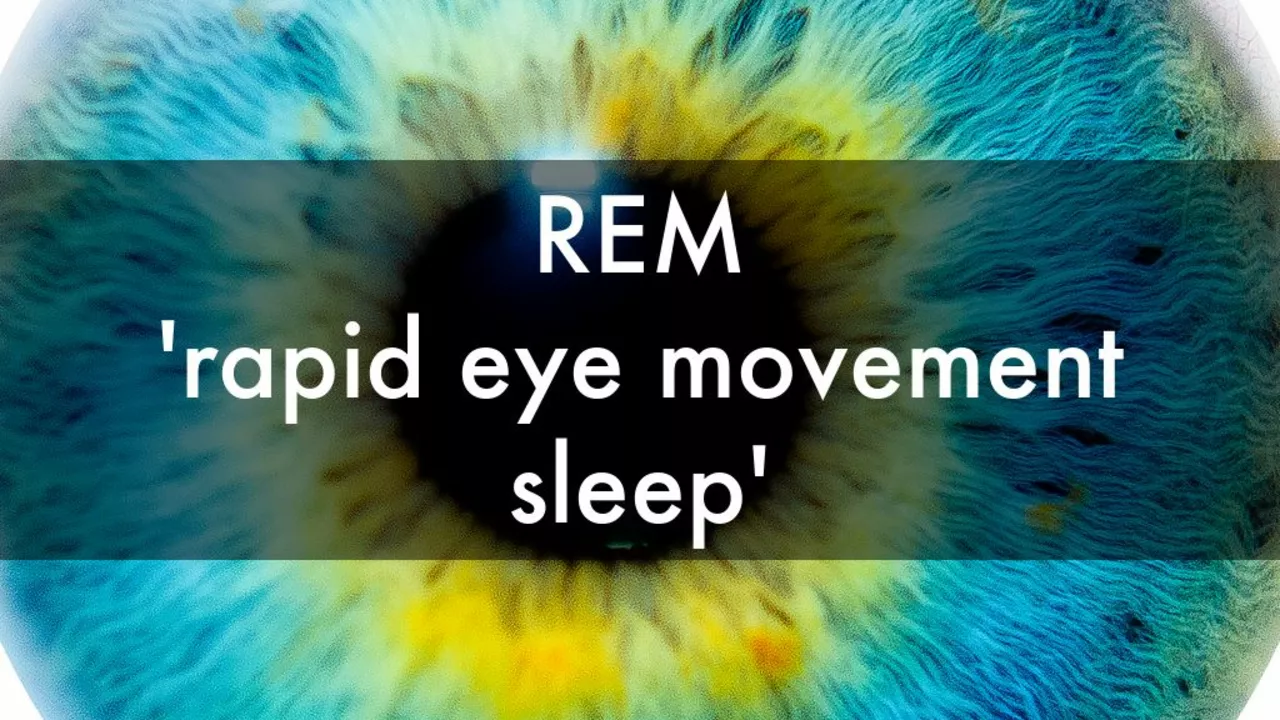Sleep Psychology: Why Your Mind Matters for Better Rest
If you’ve ever tossed and turned, wondering why your brain won’t shut off, you’re not alone. Sleep isn’t just about darkness and a comfy mattress – it’s also about what’s going on in your head. That’s where sleep psychology steps in. Understanding how thoughts, stress, and daily habits affect sleep can help you finally get the rest you need.
How Thoughts Influence Sleep
Every night, our brains replay the day’s events. Worries about work, relationships, or health can keep the mind buzzing long after lights out. This mental chatter triggers cortisol, the stress hormone, and makes it harder to drift off. Simple tricks like writing a quick “brain dump” before bed can clear that noise. Just jot down any lingering worries on a notepad, then close it – your brain gets the signal that you’ve dealt with them.
Another big player is anxiety. When anxious thoughts creep in, breathing speeds up and heart rate rises, signaling the body to stay alert. Practicing slow, deep breaths for a minute can flip that switch. Count to four as you inhale, hold for four, then exhale for four. It’s a tiny habit that tells your nervous system it’s safe to relax.
Simple Strategies to Improve Sleep Tonight
1. Set a consistent bedtime. Going to sleep at the same hour each night trains your internal clock. Even on weekends, try not to drift more than an hour away from your routine.
2. Create a wind‑down ritual. Dim lights, turn off screens, and do something calm – reading a paper book or listening to gentle music works well. The goal is to signal the brain that bedtime is coming.
3. Watch what you eat and drink. Caffeine after noon can linger for hours, and heavy meals right before bed may cause discomfort. A light snack like a banana or a few almonds is fine if you’re hungry.
4. Keep the bedroom cool and dark. Around 65°F (18°C) is ideal for most people. Use blackout curtains or an eye mask to block out any light that could interrupt melatonin production.
5. Limit naps. If you must nap, keep it under 20 minutes and earlier in the day. Long or late naps can throw off your nighttime sleep drive.
These tips don’t require a prescription, but they line up with what many of our articles on this tag discuss – from managing medication side effects that disturb sleep to coping with stress‑related insomnia. If you’re dealing with a specific drug like Zoloft or Wellbutrin that impacts rest, check the related posts for dosage timing advice and doctor‑talk tips.
Remember, improving sleep is a habit, not a one‑off fix. Start with one change – maybe the bedtime note – and stick with it for a week. Then add another tip. Over time you’ll notice your mind winding down easier, and those restless nights will become fewer.
Ready to explore more? Browse the articles under the “sleep psychology” tag for deeper dives on anxiety management, medication guides, and natural sleep aids. Each piece gives practical steps you can try right away.
Good sleep fuels better mood, sharper focus, and healthier choices throughout the day. By giving your brain the tools it needs to relax, you’re setting yourself up for a stronger, more balanced life.

The Role of Rapid Eye Movement Sleep in Emotional Regulation
Jul, 21 2023
